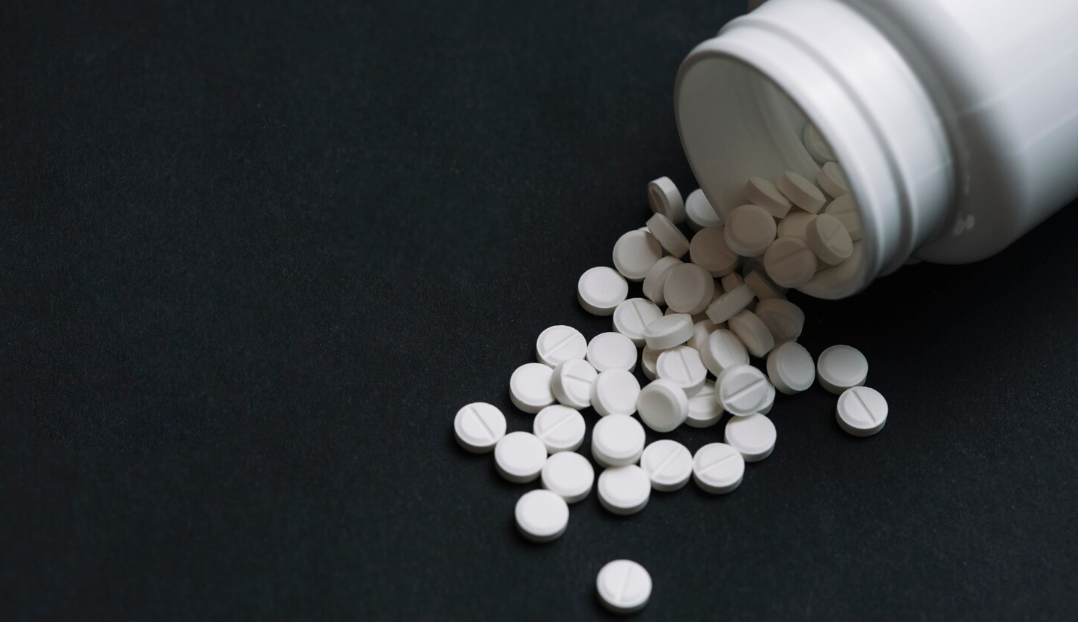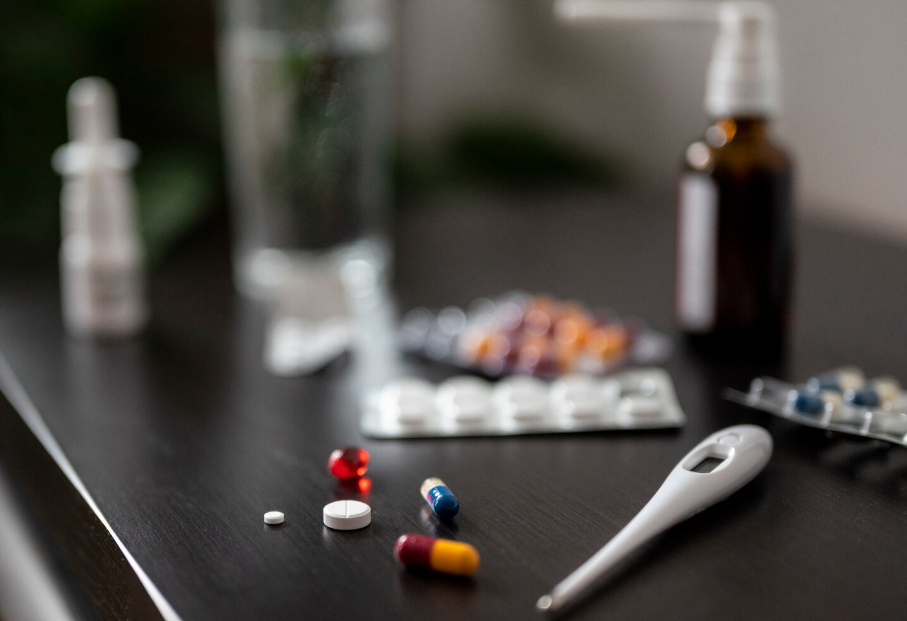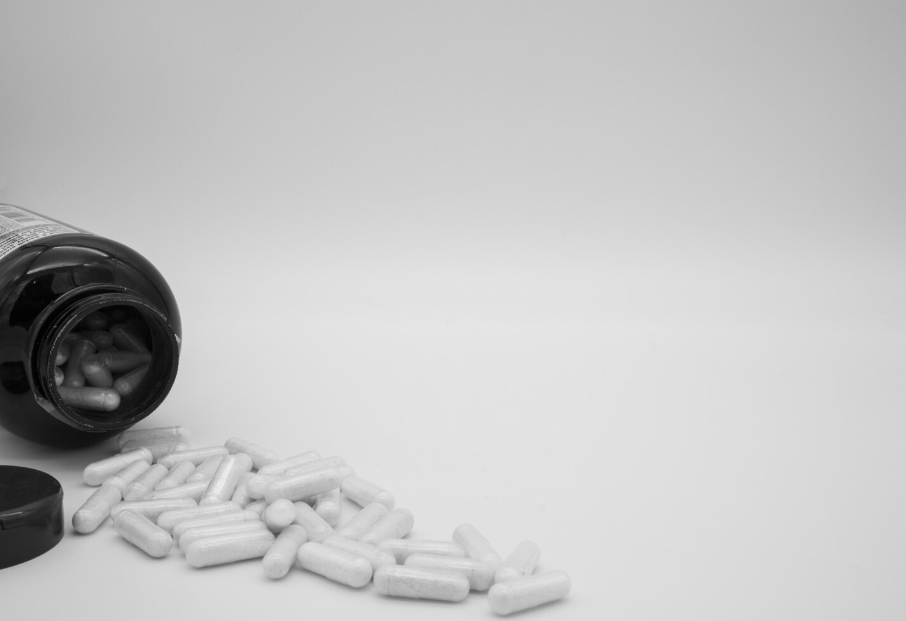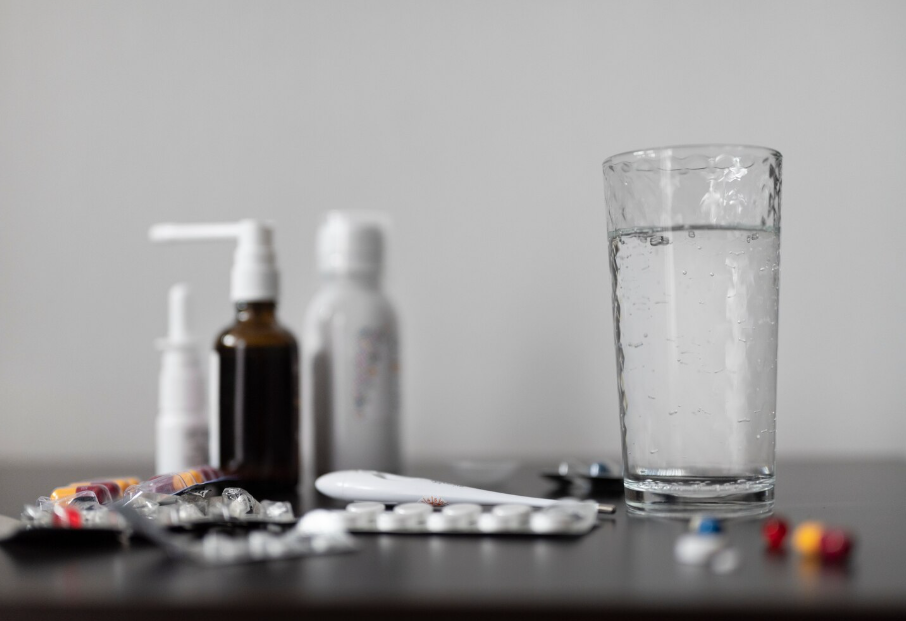What is Addiction?
Addiction is a complex and multifaceted phenomenon that affects millions of people worldwide. It’s a disease that can take many forms and can affect people of all ages, genders, and socioeconomic backgrounds.
It’s a chronic disorder that affects the way the brain processes information, making it difficult for individuals to control their drug use. Addiction is often accompanied by physical and psychological dependence, which can lead to severe withdrawal symptoms when drug use is discontinued.
The causes of addiction are many and varied. Genetics, environmental factors, and personal experiences can all play a role in the development of addiction.
For example, individuals with a family history of addiction may be more likely to develop the disease themselves.
Similarly, individuals who experience trauma or stress may turn to drugs as a way to cope with their emotions. But addiction is not a moral failing or a lack of willpower.
It’s a disease that requires medical treatment and support in order to overcome. There’s no shame in seeking help.
In fact, it’s a brave and courageous step towards recovery. There are effective treatments available that can help individuals overcome their drug use and achieve long-term recovery.
These treatments may include behavioral therapies, medication-assisted treatment, and support groups such as Alcoholics Anonymous or Narcotics Anonymous.
Recognizing the Signs and Symptoms of Addiction
Recognizing when someone is struggling with addiction can be tough, but it’s an important first step in getting them the help they need. The signs of addiction can vary depending on the drug being used, but there are some common symptoms to look out for.
Physical symptoms may include changes in appetite or sleep patterns, weight loss or gain, and unexplained injuries or bruises. People with addiction may also experience mood swings, irritability, anxiety, depression, or paranoia.
They may become withdrawn from friends and family, lose interest in activities they once enjoyed, or have difficulty maintaining relationships. It’s important to remember that not everyone who uses drugs will become addicted.
However, if you or someone you know is experiencing any of these symptoms and has a history of drug use, it’s important to seek professional help. Addiction is a disease that requires medical treatment and support in order to overcome.
If you suspect that you or someone you know may have an addiction problem, there are resources available to help. Speak with a healthcare provider or reach out to a local treatment center for more information on available options.
Remember: seeking help is a brave step towards recovery and there’s no shame in asking for assistance.
Addiction Withdrawal
When someone stops using a substance or behavior they’re addicted to, they can experience physical and psychological symptoms known as addiction withdrawal. The symptoms can vary depending on the substance or behavior, as well as the individual’s unique biology and circumstances.
Some common physical symptoms include nausea, vomiting, tremors, seizures, insomnia, muscle aches, and sweating. Psychological symptoms can include anxiety, depression, irritability, and intense cravings for the substance or behavior.
Withdrawal symptoms can be extremely uncomfortable and even dangerous in some cases. That’s why many people need professional medical or therapeutic support to help them manage their symptoms safely and start the recovery process.
The Importance of Early Intervention in Treating Addiction

Early intervention is crucial in treating addiction. The longer an individual continues to use drugs or engage in addictive behaviors, the more difficult it becomes to overcome their addiction.
This is because addiction changes the way the brain functions, making it harder for individuals to control their drug use and resist cravings. Seeking professional help at the first signs of addiction can greatly increase an individual’s chances of successful recovery.
Early intervention can help prevent the progression of addiction and reduce the risk of long-term physical and psychological damage.
In addition, early intervention can also help individuals address underlying issues that may be contributing to their addiction. For example, individuals who are struggling with trauma or stress may benefit from therapy or other forms of mental health support.
It’s important to remember that there is no shame in seeking help for addiction. In fact, early intervention can be a powerful tool in overcoming addiction and achieving long-term recovery.
If you or someone you know is experiencing signs of addiction, don’t hesitate to reach out for professional support. There are effective treatments available that can help individuals overcome their drug use and achieve lasting health and wellness.
Behavioral Therapies Used to Treat Addiction
Behavioral therapies are a type of treatment that can be effective in helping individuals overcome addiction. These therapies aim to change the behaviors and thought patterns that contribute to drug use, and can be used in conjunction with other treatments such as medication-assisted treatment.
There are many different types of behavioral therapies used to treat addiction. One common approach is cognitive-behavioral therapy (CBT), which focuses on identifying and changing negative thought patterns and behaviors related to drug use.
Another approach is contingency management, which uses positive reinforcement to encourage individuals to abstain from drug use.
Other types of behavioral therapies include motivational interviewing, which helps individuals identify their motivations for recovery and build confidence in their ability to make positive changes, and dialectical behavior therapy (DBT), which focuses on teaching individuals skills for managing difficult emotions without turning to drugs.
The specific type of behavioral therapy used will depend on the individual’s unique needs and circumstances. However, all forms of behavioral therapy share the goal of helping individuals develop the skills and strategies they need to overcome addiction and achieve lasting recovery.
If you or someone you know is struggling with addiction, it’s important to speak with a healthcare provider or addiction specialist about available treatment options. With the right support and resources, it’s possible for anyone to overcome addiction and achieve long-term health and wellness.
The Benefits of Medication-Assisted Treatment for Opioid Addiction
Medication-assisted treatment (MAT) is an evidence-based approach to treating opioid addiction. MAT combines medication with behavioral therapy and support services to help individuals overcome their addiction and achieve lasting recovery.
One of the primary benefits of MAT is that it can help alleviate the physical symptoms of withdrawal, which can be extremely uncomfortable and even dangerous in some cases. Medications such as methadone, buprenorphine, and naltrexone can reduce cravings for opioids and help individuals manage their withdrawal symptoms safely.
In addition to reducing withdrawal symptoms, MAT can also help individuals address the underlying issues that may be contributing to their addiction. By providing a stable dose of medication, MAT can help individuals focus on their recovery without experiencing the highs and lows associated with drug use.
MAT has been shown to be effective in reducing opioid use, improving overall health outcomes, and decreasing criminal activity among individuals with opioid addiction. It has also been shown to reduce the risk of overdose death.
It’s important to note that MAT is not a one-size-fits-all approach to treating opioid addiction. The specific type of medication used will depend on the individual’s unique needs and circumstances.
However, when used as part of a comprehensive treatment plan that includes behavioral therapy and support services, MAT can be an effective tool in helping individuals overcome their addiction and achieve lasting recovery.
Strategies for Preventing Relapse After Completing Addiction Treatment
Completing addiction treatment is a major accomplishment, but it’s important to remember that recovery is an ongoing process. After completing treatment, individuals may still face challenges and triggers that could lead to relapse.
However, there are strategies that can help prevent relapse and support long-term recovery.
One effective strategy is to establish a strong support network. This can include friends and family members who understand the challenges of addiction and can provide encouragement and accountability.
It may also include support groups such as Alcoholics Anonymous or Narcotics Anonymous, which offer peer support and guidance from others in recovery.
Another important strategy is to develop healthy coping mechanisms for managing stress and other triggers. This may include engaging in regular exercise, practicing mindfulness or meditation, or participating in activities that bring joy and fulfillment.
In addition, it’s important to continue working with a healthcare provider or therapist after completing treatment. Regular check-ins can help individuals stay on track with their recovery goals and address any issues that arise before they lead to relapse.
Finally, it’s important to have a plan in place for how to respond if a relapse does occur. This may include identifying triggers that could lead to relapse and developing strategies for avoiding them, as well as establishing a plan for seeking professional help if needed.
By implementing these strategies and remaining committed to their recovery goals, individuals can reduce the risk of relapse after completing addiction treatment. Remember: recovery is possible with the right support and resources.
The Impact of Addiction on Families and Loved Ones
Addiction doesn’t just affect the individual struggling with the disease. It can also have a significant impact on their families and loved ones.
Family members may experience a range of emotions in response to their loved one’s addiction, including anger, frustration, sadness, and fear. They may feel helpless or overwhelmed by the situation, and struggle to understand why their loved one can’t simply stop using drugs.
In addition to the emotional toll, addiction can also have financial consequences for families. Individuals with addiction may struggle to maintain employment or manage their finances, leading to financial strain for themselves and their families.
Children are particularly vulnerable to the effects of addiction within the family unit. They may experience feelings of confusion, guilt, or shame as a result of their parent’s drug use. They may also be at increased risk for neglect or abuse if their parent is unable to provide adequate care due to their addiction.
It’s important for families and loved ones to seek support when dealing with addiction. Support groups such as Al-Anon or Nar-Anon can provide a safe space for individuals to share their experiences and connect with others who understand what they’re going through.
Family therapy or couples counseling can also be effective in helping families work through the challenges associated with addiction.
Remember: addiction is a disease that requires medical treatment and support in order to overcome. With the right resources and support, both individuals struggling with addiction and their families can achieve lasting health and wellness.
FAQs
What is addiction?
Addiction is a chronic disease characterized by compulsive drug seeking and use despite harmful consequences. It causes changes in the brain’s structure and function, making it difficult for individuals to control their drug use or resist cravings.
Is addiction a choice?
No, addiction is not a choice. While individuals may choose to use drugs initially, continued drug use can alter the brain’s chemistry and make it more difficult for individuals to stop using.
Can addiction be cured?
While there is no cure for addiction, it can be effectively managed with professional treatment and support. Many individuals with addiction are able to achieve long-term recovery with the right resources and support.
Can someone be addicted to anything besides drugs?
Yes, people can become addicted to behaviors such as gambling, sex, or food. These addictions are often referred to as process addictions and can be just as challenging to overcome as substance addictions.
How does treatment for addiction work?
Treatment for addiction typically involves a combination of medication-assisted treatment, behavioral therapy, and support services. The specific type of treatment used will depend on the individual’s unique needs and circumstances.
Summary
Are you or someone you know struggling with addiction? It’s tough, but you’re not alone. There are many people and resources available to help you get through this. Addiction treatment centers can provide you with the tools and support you need to overcome addiction and live a healthy, fulfilling life. You can also find support through various groups and helplines. Remember, seeking help is a brave and important step towards recovery. You’ve got this.











